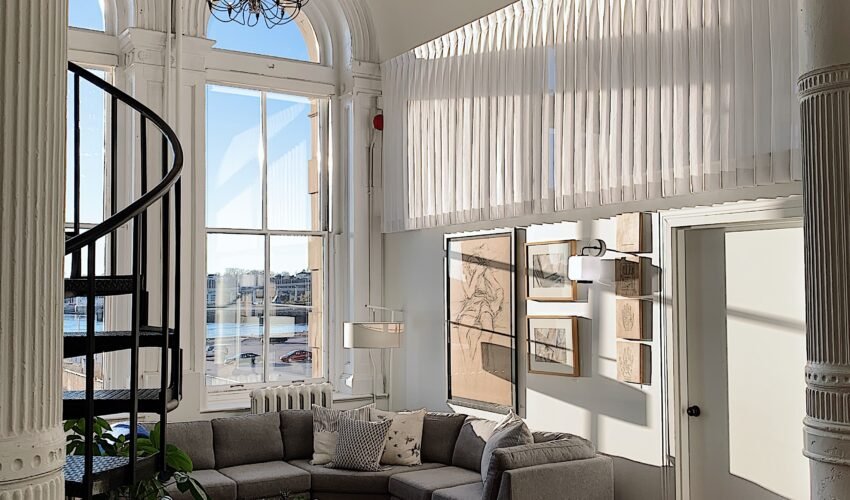Introduction
In the ever-evolving landscape of home renovations, Canadians are navigating a recalibration in their approach to revamping their living spaces. Despite a slight dip in overall spending, the fifth annual HomeStars Reno Report reveals a resilient commitment to home improvements. This article delves into the key findings, shedding light on the motivations, financial strategies, and emerging trends that define the current state of the Canadian home renovation scene.
Recalibration in Spending
The report, based on a national survey, underscores a notable shift in spending patterns. Canadian homeowners, facing inflation and rising interest rates, exhibit a nuanced response to economic challenges. Despite a drop in the average spending from the previous year, a substantial 79% of homeowners are committed to renovating their homes.
Financial Strategies: Weathering Economic Challenges
Amidst economic uncertainties, Canadians are showcasing financial resilience. The average spending on renovations in the past year stands at $12,300. Noteworthy is the fact that 79% of homeowners had the financial means to fund their projects directly, with 77% of Ontarians and 85% of Albertans relying on their savings. Furthermore, the report reveals that 58% of those seeking external financing preferred a line of credit, while only 4% considered traditional bank loans.
Motivations Behind Renovations
Delving into the motivations driving renovations, 59% of respondents highlighted the desire to refresh their home’s look and feel, emphasizing the importance of aesthetics and functionality. Improving outdoor spaces for enhanced enjoyment follows closely at 32%. Painting interiors, installing new appliances, and renovating bathrooms dominate the list of home renovation projects.
Emerging Trends: Modern Farmhouse Dominates
When it comes to preferred home styles, the report identifies a clear preference for modern farmhouse aesthetics at 23%, closely trailed by ranch/bungalow homes at 22%. The enduring appeal of modern farmhouse styles is attributed to its harmonious blend of traditional and modern elements.
Sustainability: A Growing Concern
An intriguing finding is the increasing importance of sustainability in the choice of building materials. While 79% of respondents consider sustainability important, only 59% incorporated green products in their renovations. Energy-efficient appliances, particularly those garnering a 30% preference, are at the forefront of green choices.
Smart Home Technology: Ontario Takes the Lead
Ontarians are spearheading the adoption of smart home technology, with 72% owning at least one smart home product. Smart thermostats lead the charge at 33%, closely followed by Internet-based home assistants like Alexa or Google Nest at 32%, and video doorbell/security cameras at 30%.
Weather-Related Repairs and Future Planning
With one-third of homeowners completing emergency repairs due to weather-related events, the report signals a growing awareness of the need for proactive measures. Tree-trimming to protect property tops the list at 55%, emphasizing the importance of preparedness in the face of weather-related challenges.
Conclusion
In navigating the recalibration of the home renovation landscape, Canadians showcase resilience, strategic financial planning, and a keen interest in sustainable and smart home solutions. The enduring popularity of modern farmhouse aesthetics underscores the timeless appeal of a harmonious blend of tradition and modernity. As the home renovation industry adapts to economic shifts, these insights provide a roadmap for homeowners and industry professionals alike.

